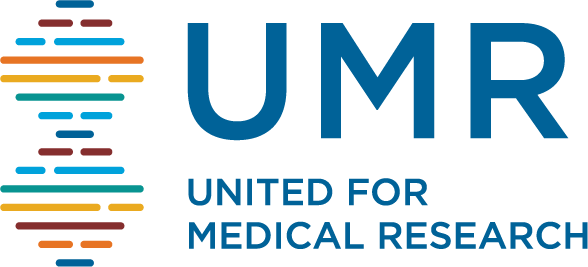New research from Boston University, Massachusetts Institute of Technology, North Carolina State University, and Max Planck Institute for Biology of Ageing suggests that “bidirectional” contact tracing—the practice of tracking positive COVID-19 cases to recently exposed individuals and back to their original source—can be twice as effective as current contact tracing methods, which only focus on identifying who the newly diagnosed individual may have infected, but not who infected them. The research team’s findings were recently published in Nature Communications.

